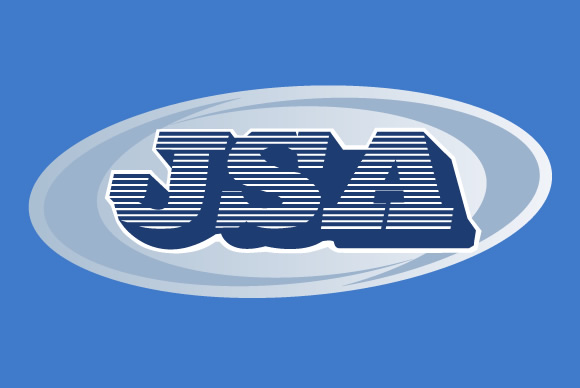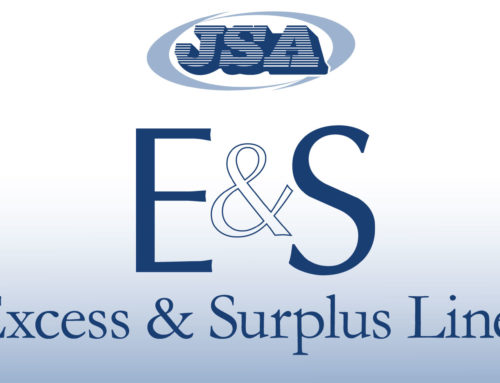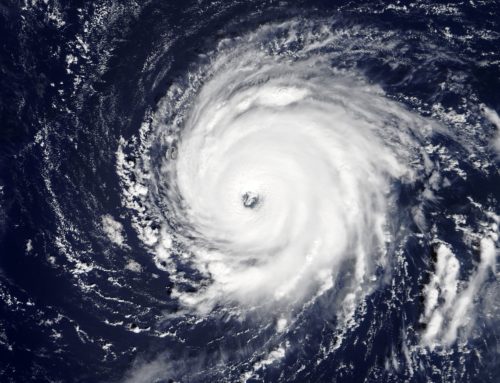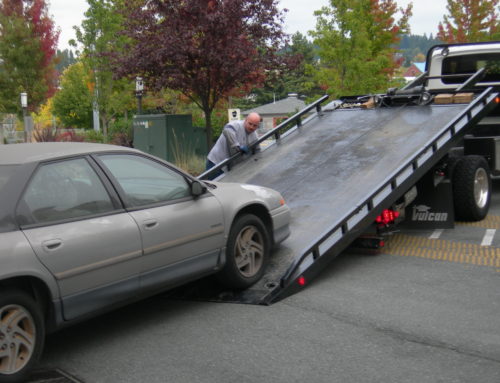Uninsured Property
We frequently receive questions asking why we do not insure property that has been uninsured for some time prior to applying for coverage. Gary Anderson, who was our Vice President of Underwriting before he retired, wrote a great article that goes into detail behind our thought process on this issue. If you have any further questions please reach out to one of our P&C Underwriters to chat more.

Why Won’t JSA Write Uninsured Property?
By: Gary G. Anderson, CPCU
We answer this question often on the phone and thought The Marketeer would be a good forum to answer it for all of you who may have wondered.
The Excess and Surplus lines industry exists to write those risks not freely written by standard markets. One of the reasons several classes or types of risks are not written freely in the standard markets is the fact that certain classes or types of risks traditionally experience a higher degree of “suspicious fires” than others. It should not surprise you to learn that restaurants, bars, taverns, clubs, pool halls, new ventures, etc. have experienced a higher degree of such losses than have banks, hardware stores, shoe stores, clothing stores and other main street USA businesses. What do your standard markets write for you? Right…banks, hardware stores, shoe stores, clothing stores and other main street USA businesses.
What does JSA do for you? Right again…restaurants, bars, taverns, clubs, pool halls, new ventures, etc. The point is that we know going in that we are dealing with classes of business that, for whatever reason, have a higher incidence of moral hazard related losses.
Thus the major point of emphasis for our property underwriting is potential moral hazard. Moral hazard which leads to arson and other fraudulent claims is a major problem in our industry.
JSA is committed to doing anything we can to prevent such losses. JSA’s property underwriting philosophy is built around 3 basic beliefs:
- Every property risk can be profitably underwritten at some price…except one. The one that has a moral hazard.
- If a moral hazard is present there is no price high enough to offset the hazard.
- The overwhelming majority of people, probably 95% or more, would not even consider arson. If we didn’t believe that we wouldn’t write property at all. These folks might not be able to inflate a claim to offset the deductible or to make a dollar or two after a legitimate loss has taken place, but they would not create or intentionally cause the loss to start with. With good claims people we can deal with the inflated loss. Unfortunately, there is a small minority, probably 5% or less, who, given a financial incentive, will create the loss. They will resort to arson.
Despite valiant efforts of many good claims people, investigators, and law enforcement officials, it is impossible to successfully deal with this minority group. Even a victory which results in denial of the claim and incarceration of the arsonist is very costly and time consuming, not only to the insurance industry but to society as a whole, who must pay in terms of higher premiums and higher taxes for law enforcement and penal institutions. To make a long story short, even if arson is proven and the guilty party convicted, everyone still loses. At JSA we decided a long time ago we would not provide the financial incentive if we had any hint there could be a moral hazard involved.
To borrow one of Mr. Perot’s often used lines, “stick with me on this,” because it is very important. We are NOT turning down your uninsured property risk because we think they all involve arsons. Quite the contrary, we think 95% or better would be OK. We are turning them down because we know 5% or so do present potential moral hazards and, even though we have something like 130 years of combined underwriting experience in this office, we have yet to figure out how to tell the difference between the 95% and the 5%. Thus we have taken the position that we will turn them all down.
Yes, this costs us business and yes, it is unfair to the 95%, and we apologize that we are simply not smart enough to figure out another way to deal with this problem. However, our track record on not having losses caused by moral hazard is excellent and we know that this sometimes unpopular stand is one of the major reasons.
Despite our best efforts we still occasionally get involved in a loss of this nature. Usually it’s because we didn’t ask the right question or we didn’t ask it the right way. Fortunately, we have very few of these. We realize that some of you don’t agree with us on this issue and think our position is too rigid.
However, we are strongly committed to not providing the financial incentive which leads to arson losses. We know, having learned that hard way over the years, that a risk that has not been insured for a period of time raises a warning flag. We have reluctantly accepted the fact that we are not smart enough to tell the good from the bad in this situation. Thus we stay away from the entire group.
While we are on this subject let’s clear up a couple of misconceptions a few of you may be under: If the property is just being purchased by a new owner, the fact that the old owner did not insure it is not relevant.
- We are talking about uninsured property where there has been a need for coverage. If the property is just being purchased by a new owner the fact that the old owner did not insure it is not relevant.
- This position applies to property, not GL. Since General Liability is a third party coverage there is very little opportunity for the insured to profit. Thus we are not concerned that there was no prior GL.







